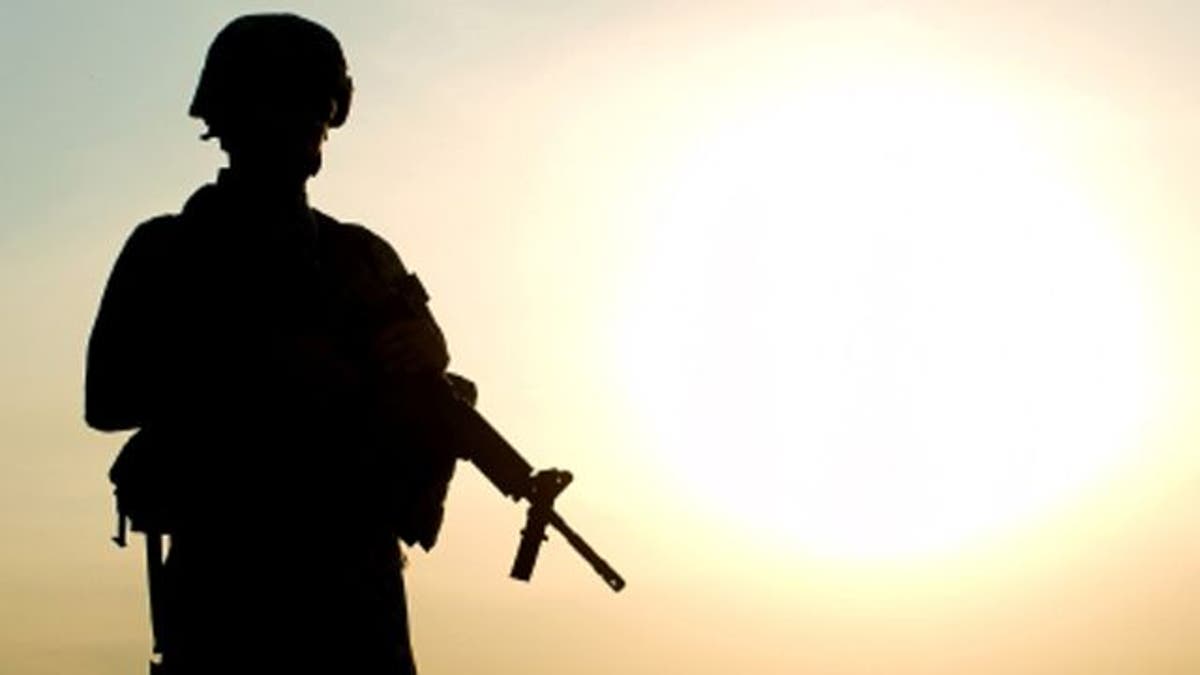
Transgender U.S. military veterans are more prone to dozens of illnesses, from heart disease to depression and obesity, than are their nontransgender peers, a new study shows.
An estimated 134,000 people are transgender veterans, experts estimate, more susceptible to mental conditions including post-traumatic stress disorder, alcohol abuse and suicide, the study said.
Although transgender people are barred from serving openly in the U.S. military, more than 15,000 transgender people are estimated to be in the armed forces, according to the National Center for Transgender Equality in Washington, D.C.
Transgender veterans are more likely than nontransgender veterans to fall sick with some 16 medical conditions, along with ten mental conditions, it said.
HIV is diagnosed nearly five times more often and benign enlargement of the prostate nearly twice as often, the study said.
The study compared about 20,000 veterans treated by the U.S. Veterans Health Administration (VHA) over a 17-year period. They included roughly 1,500 female and 3,500 male transgender patients, whose profiles were compared to about 15,000 nontransgender veteran patients.
The reasons for the differences in the rates of illnesses could be "an unwelcoming environment for transgender veterans at many VHA facilities, lack of knowledgeable clinical staff to provide transgender healthcare, and conscious and unconscious bias from healthcare providers and administrative staff," the study said.
The findings point to a need to develop treatment programs targeted to the needs of transgender patients, it said.
The VHA treats 8.3 million veterans each year, according to its website.
The study's publication in the journal LGBT Health was announced this week.
Only breast cancer was slightly more common among nontransgender veterans, it found.
Last year, the U.S. Department of Defense announced steps aimed at potentially ending a ban on transgender men and women serving openly, including a study of the implications of lifting the restrictions and a protocol under which only one person, the under secretary of defense leading the study, can discharge service members identified as transgender.
A Facebook post in November by a transgender woman wearing a T-shirt that read "Transgender Veteran: I fought for your right to hate me" spread widely on social media and ignited a debate on transgender people and the military.








































